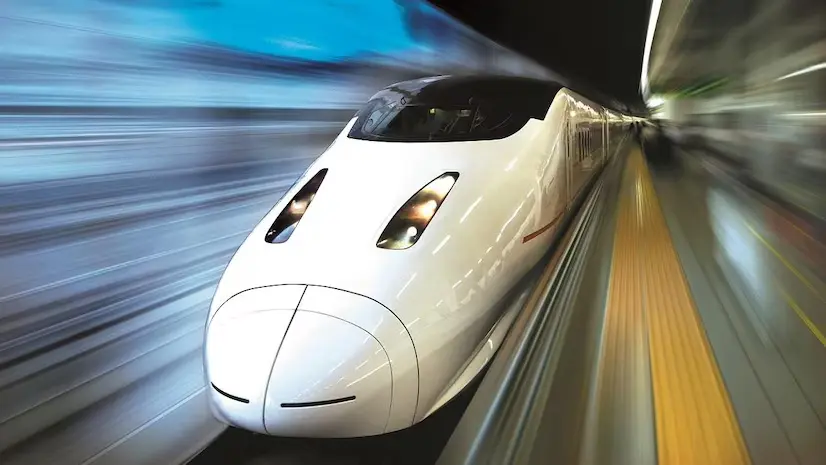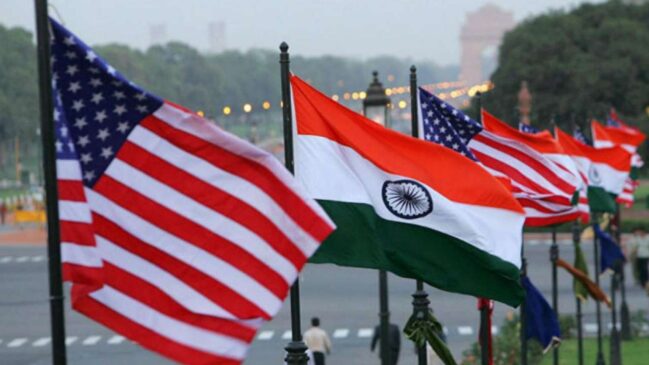India is making progress on its indigenous bullet train project, with speeds expected to surpass 250 km/h. The train, based on the Vande Bharat platform, is being developed by the Integral Coach Factory in Chennai and aims to enhance the current speeds of Indian Railways.
India is advancing in its plans to develop an indigenous bullet train that is anticipated to achieve speeds exceeding 250 kilometers per hour (km/h), as reported by The Economic Times (ET). A senior government official noted that this train would be faster than any currently operating within the Indian Railways network. “It is constructed on the Vande Bharat platform, which currently reaches a maximum speed of 220 kilometers per hour,” the official explained.

The design and development are underway at the Integral Coach Factory (ICF) in Chennai, under the guidance of Indian Railways. This initiative places India alongside nations with high-speed trains, such as France’s Train à Grande Vitesse and Japan’s Shinkansen, which operate at speeds over 250 km/h.
While India has adopted Japanese technology for the bullet trains on the Ahmedabad to Mumbai route, featuring the Shinkansen E5 series with speeds up to 320 km/h, the new developments focus on enhancing the speed of trains within the Indian network. The official revealed, “The [proposed] variant Vande Bharat trains can now accelerate from zero to 100 km/h in 52 seconds while existing bullet trains achieve this in 54 seconds.”
The domestically developed Vande Bharat trains will serve newly announced north, south, and east corridors, with an emphasis on using more Indian technology and manufacturing. This approach complements the existing western corridor, which involves cooperation with Japan and includes a soft loan of approximately Rs 40,000 crore from the Japan International Cooperation Agency (JICA) for the Mumbai-Ahmedabad High-Speed Rail project, totaling over Rs 1.08 trillion in project costs.
The National High-Speed Rail Corporation Ltd (NHSRCL), tasked with executing the bullet train project, has completed 300 kilometers of pier work and finalized the acquisition of land for the entire 508-kilometer stretch as of January.
Also Read, Torrential Rains in UAE Cause Historic Flooding, Disrupt Operations at Dubai’s Major Airport
USC Cancels Valedictorian’s Graduation Speech Over Security Concerns Linked to Her Views on Israel
Bookmark and Follow us for more News



